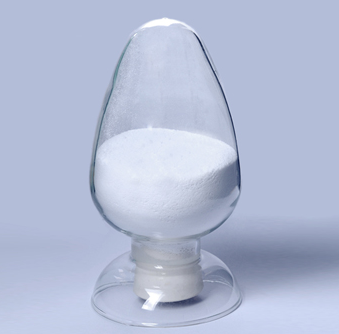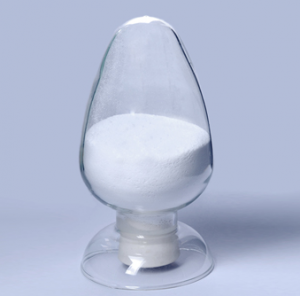描述
Product Description: Threonine
Product Alias:
- L-Threonine
Appearance: Threonine is a white, crystalline powder or granules with a slightly sweet taste. It is odorless and readily dissolves in water.
Character: Threonine is an essential amino acid, meaning it cannot be synthesized by the human body and must be obtained through diet or supplementation. It plays a crucial role in protein synthesis and is an important component of many proteins and enzymes in the body.
Category: Threonine falls under the category of amino acids, specifically proteinogenic amino acids. It is one of the 20 standard amino acids that are the building blocks of proteins.
Chemical Formula: The chemical formula of threonine is C4H9NO3.
Threonine Application in the Pharmaceutical Industry: Threonine has several applications in the pharmaceutical industry due to its role as an essential amino acid and its involvement in various physiological processes. Here are some key applications:
-
Protein Synthesis: Threonine is necessary for the synthesis of proteins in the body. It is incorporated into polypeptide chains during translation, contributing to the structure and function of proteins. In the pharmaceutical industry, threonine is used as a supplement in protein-based formulations to ensure adequate protein synthesis.
-
Tissue Repair and Wound Healing: Threonine is involved in tissue repair and wound healing processes. It promotes the production of collagen, a protein that forms the structural framework of tissues such as skin, tendons, and ligaments. In pharmaceutical applications, threonine may be used in formulations aimed at promoting wound healing and tissue regeneration.
-
Immune Function: Threonine plays a role in maintaining a healthy immune system. It is involved in the production of antibodies and immune cells, which are essential for fighting off infections and diseases. In the pharmaceutical industry, threonine may be used in immune-boosting formulations or as a supplement to support immune function.
-
Neurotransmitter Production: Threonine is a precursor for the synthesis of neurotransmitters such as glycine and serine. These neurotransmitters are involved in various brain functions, including mood regulation, memory, and cognition. In pharmaceutical applications, threonine may be used in formulations targeting neurological disorders or as a cognitive enhancer.
-
Liver Health: Threonine is important for maintaining liver health and function. It is involved in the synthesis of lipids and bile acids, which aid in the digestion and absorption of fats. In the pharmaceutical industry, threonine may be used in formulations aimed at supporting liver health or treating liver-related disorders.
-
Sports Nutrition: Threonine is commonly used in sports nutrition products due to its role in protein synthesis and muscle recovery. It is often included in protein powders, amino acid blends, and recovery formulas to support muscle growth, repair, and overall athletic performance.
In conclusion, threonine is an essential amino acid with various applications in the pharmaceutical industry. Its involvement in protein synthesis, tissue repair, immune function, neurotransmitter production, liver health, and sports nutrition make it a valuable ingredient in many formulations.

